Copyright 2018 by Philip Coggan, Josie Delap, Geoffrey Carr, John Prideaux, Simon Wright
Hachette Book Group supports the right to free expression and the value of copyright. The purpose of copyright is to encourage writers and artists to produce the creative works that enrich our culture.
The scanning, uploading, and distribution of this book without permission is a theft of the authors intellectual property. If you would like permission to use material from the book (other than for review purposes), please contact permissions@hbgusa.com. Thank you for your support of the authors rights.
PublicAffairs
Hachette Book Group
1290 Avenue of the Americas, New York, NY 10104
www.publicaffairsbooks.com
@Public_Affairs
The Economist in Association with Profile Books Ltd. and PublicAffairs
Originally published in 2017 by Profile Books Ltd. in Great Britain.
First US Edition: July 2018
Published by PublicAffairs, an imprint of Perseus Books, LLC, a subsidiary of Hachette Book Group, Inc. The PublicAffairs name and logo is a trademark of the Hachette Book Group.
The greatest care has been taken in compiling this book. However, no responsibility can be accepted by the publishers or compilers for the accuracy of the information presented.
Where opinion is expressed it is that of the author and does not necessarily coincide with the editorial views of The Economist Newspaper.
While every effort has been made to contact copyright-holders of material produced or cited in this book, in the case of those it has not been possible to contact successfully, the author and publishers will be glad to make amendments in further editions.
The publisher is not responsible for websites (or their content) that are not owned by the publisher.
Library of Congress Control Number: 2018946409
ISBNs: 978-1-61039-990-6 (paperback original); 978-1-61039-991-3 (ebook)
E3-20180706-JV-PC
T o answer all the questions in this book, you will need to be a polymath. The volume is divided into 12 parts, representing the 12 themed sections of The Economist. Each section has 50 questions, making 600 in all. Many people think The Economist only covers economics or politics. This is far from the case. As this foreword was being written in June 2017, the latest issue had articles on elephants, Goethe, global football, opioid abuse in Montana, Chinese civil rights lawyers and an obituary for Roxcy ONeal Bolton, a feminist who campaigned to have storms named after men as well as women.
The questions in the quiz that awaits you are similarly wide-ranging. In fact, they were beyond the wit of any one individual to devise. Several of the authors are members of The Economist quiz team, which regularly does battle with other publications under the name Marginal Futility, an economics joke that our publishers cruelly rejected as a title for the present volume. (At least we fought off their suggestion of Megabrains.)
Mega or not, the brain of one individual usually contains unexpected treasures, and it is the joy of a quiz to bring them to light. Our business affairs editor once amazed us by knowing the star sign of Justin Bieber. Unexpected lacunae, on the other hand, are galling. The author will never recover from the shame of being defeated in a tiebreak question over the date of the Alamo siege. It was 1836, if you must know, not that its in the book.
And neither is Mr Bieber. The matter of general knowledge quizzes is often disparaged as trivia. But in this era of post-truth politics, facts are important. Being stumped by the questions is not a failure; it is an opportunity to be better informed. Many of the answers in the back of the book are discursive, explaining the background to the question and some common misconceptions. Polls show that people regularly overestimate figures such as the proportion of immigrants in the population and the amount of money spent on foreign aid; they are also poor at differentiating between risks. Americans are 13.43 times more likely to die from choking on a piece of food than from terrorism, for example.
As a weekly newspaper, we interpret and select the news. Inevitably and openly, that means many of our articles are opinionated. But we aim to back up our opinions with facts; every piece has to survive the rigorous attention of the research department.
The whole process is a collective effort. Thats why, ever since The Economist was founded in 1843, it has not featured individual bylines. (An exception is made for our special reports.) Michael Lewis, the author of The Big Short, once said the anonymity of our authors was designed to hide our callow youth; alas, a look at the greying heads in our newsroom proves him wrong.
Just like the paper, this book is a collective effort. A team of five from various editorial departments devised the questions. The rounds dont carry individual bylines but our identities are no secret. The authors are Geoffrey Carr, Philip Coggan, Josie Delap, John Prideaux and Simon Wright. And, just as with each weeks issue, everything had to be fact-checked; Lisa Davies of our research team did the honours.
The one thing more enjoyable than getting a tricky question right is knowing that a friend or family member would get it wrong, a fact we had ample opportunity to learn during the composition of this book. Rest assured, none of us could have answered all the questions in the sections we didnt write. That being so, it may seem unnecessary to single out particular questions as difficultbut for those who like an extra challenge, thats what weve done. These super-hard questions (and their answers) are clearly marked with a  .
.
Perhaps it was inevitable that The Economist would produce a quiz. Every week its contents page proclaims our desire to take part in a severe contest between intelligence, which presses forward, and an unworthy, timid ignorance obstructing our progress. These are words to live by. Time to press forward.
Philip Coggan
How many people signed the Declaration of Independence?
The original star-spangled banner, about which Francis Scott Key wrote his ditty, got a bit battered in the war of 1812. How many of its white stars are still visible?
The first notable uprising in America by white settlers against the king took place in 1676. What was it called?
How many elected presidents failed to win a plurality of the popular vote?
 Under the Senates filibuster rule, 41 senators can band together and block legislation. Each state has two senators, so the senators representing the 21 least populous states can in theory exercise a veto on legislation. The 21 least populous states combined are home to what percentage of Americas population?
Under the Senates filibuster rule, 41 senators can band together and block legislation. Each state has two senators, so the senators representing the 21 least populous states can in theory exercise a veto on legislation. The 21 least populous states combined are home to what percentage of Americas population?
Who was the first American president not to own slaves?
Democracy in America, published in 1835, is probably the best book written about American politics. Who was the author?
The site of the Battle of Little Big Horn is in which state?
The gunfight at the OK Corral took place between the Clanton and McLaury gangs and the Earps and Doc Holliday. What were the names of Wyatts two brothers who took part in the shootout?


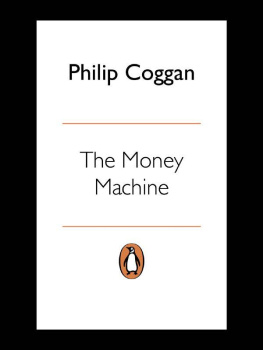
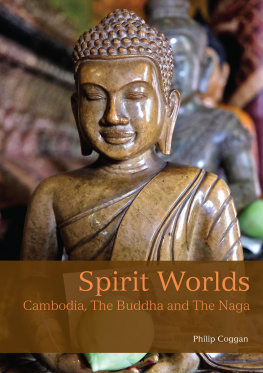
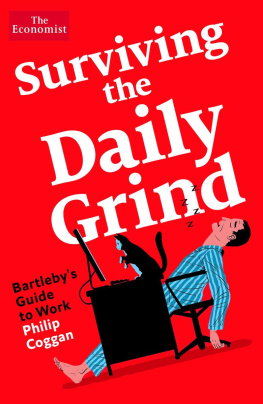
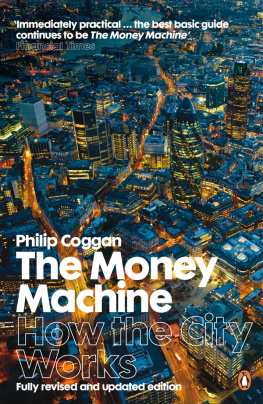
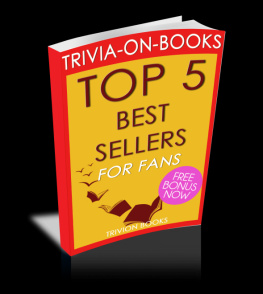

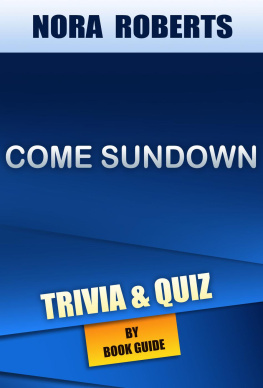
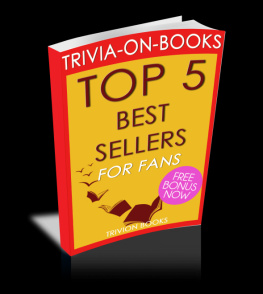
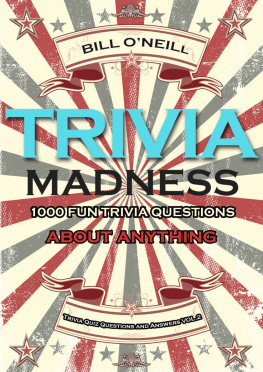
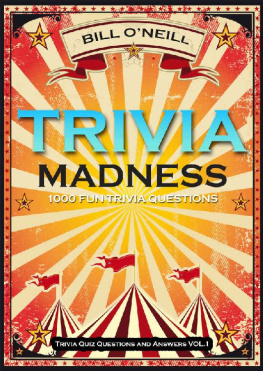
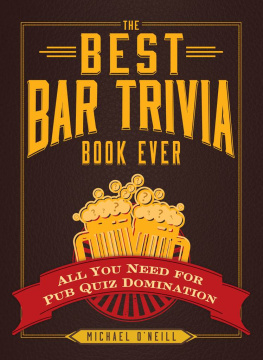
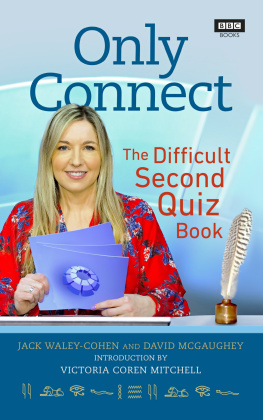
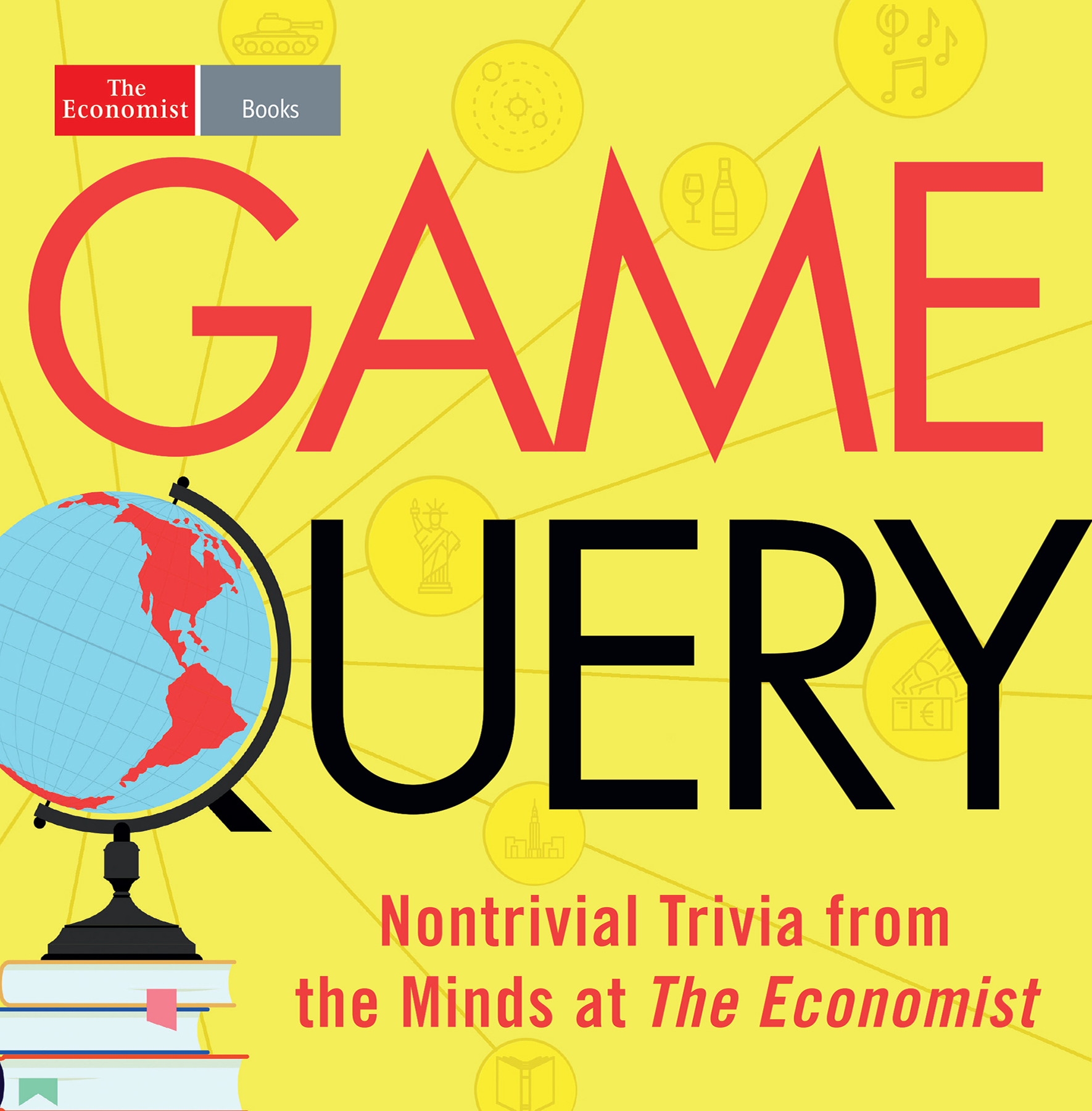
 .
.